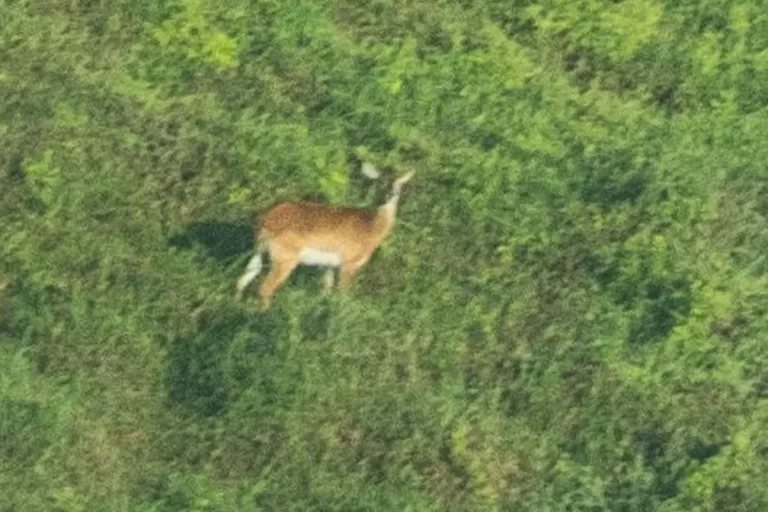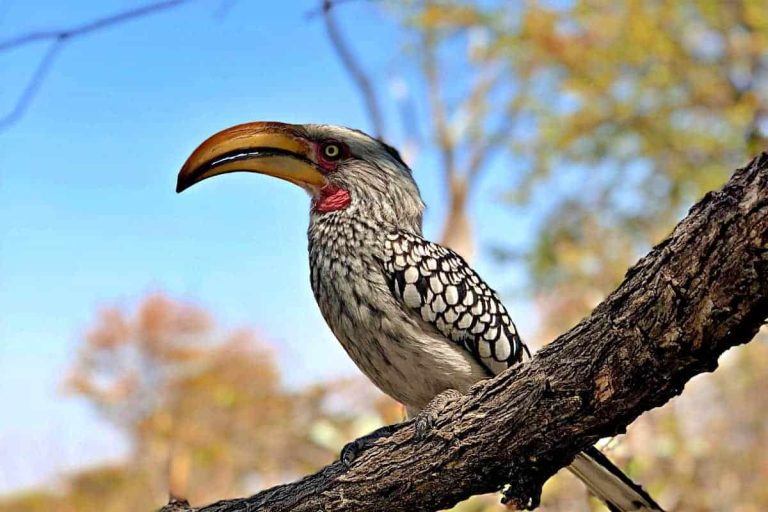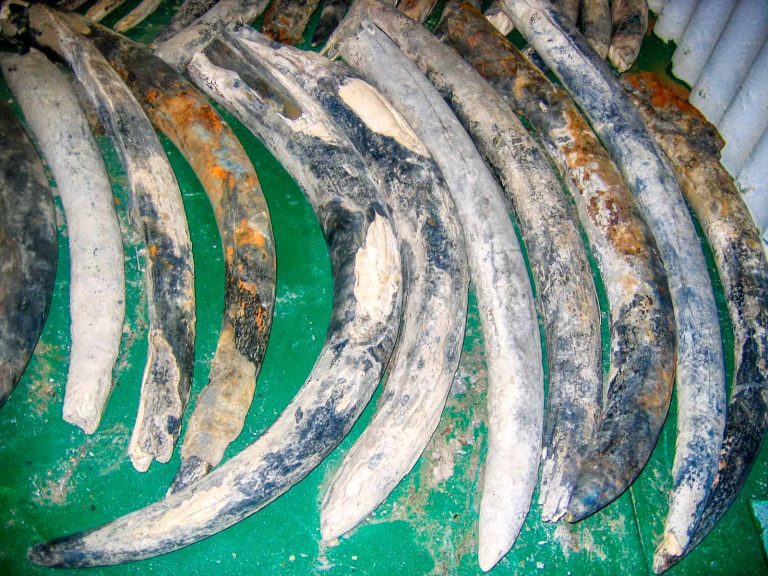Rediscovered in a Forgotten Park: The Elusive Upemba Lechwe
A Lost Species Comes Into Focus In the south of the Democratic Republic of Congo, amidst the remote wetlands of the Kamalondo Depression, a fleeting moment has reignited hope for one of Africa’s most elusive antelopes. The Upemba lechwe (Kobus anselli), unseen by science for decades, has finally been captured in a photograph—an image that…




